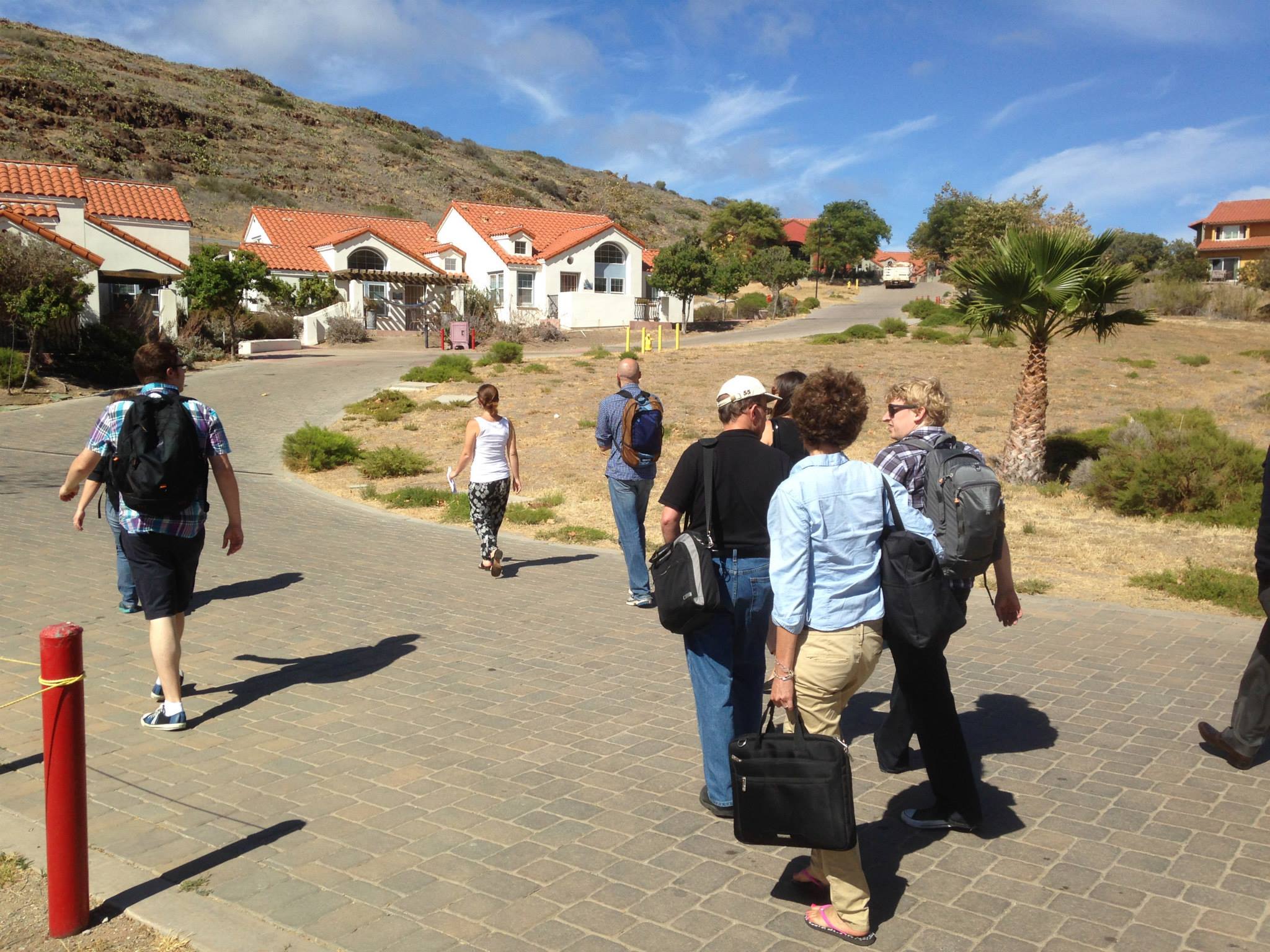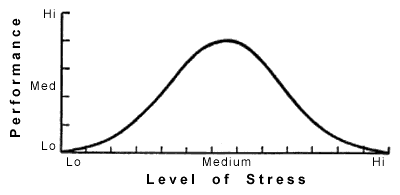I Caught a Fish Thissssssss Big
Ours is the age that is proud of machines that think and suspicious of men who try to. — H. Mumford Jones
How many animals of each species did Moses take with him in the ark?
This question was posed at the social psychology conference I attended this past weekend on Catalina Island off the coast of Southern California. At it, I gave a fifteen-minute presentation, networked with other grad students and professors, and talked research till I my brain started limping.
Oh, and I also went kayaking through a cave, snorkeling with sharks, and as a seasonal algae had filled the water, at night, I went swimming through the dark ocean, creating a bioluminescence that made it appear as though I swam through fairy dust.

All of this at a psychology conference you ask? That smells a little fishy…
Well, let’s return to that opening riddle. Did you have an answer to the question? If so, it should’ve been that Moses had nothing to do with Noah’s ark.
Still, when researchers pose this question to participants, between 80 and 90% of people respond with the answer “two.” However, if you are predisposed to skepticism (as most are when they come to my site), you may have caught a whiff of fishiness when I posed this question.
Again, I’ve used the term “fishy”… Any guesses why?
Well, here it is: When researchers spray a fishy odor before asking that riddle, rather 85% of people saying “two,” less than 50% of people say it. That’s right, literally smelling something fishy makes people more inclined to be suspicious. So rather than just agreeing with the riddle (as I did when I first heard it) people are more apt to distrust it.
In fact, not only do fishy smells make people more skeptical of questions, it also makes them more skeptical of others. For example, when participants play a cooperative, economic game in the laboratory, those who are given the fishy smell are less likely to trust their partners.
The origin of this effect dates back to evolutionary times when we would often use our sense of smell to determine whether a food was edible or not. And in fact, across almost every language, one of the words to denote suspicion about an event (e.g. There’s something fishy going on here…) etymologically stems from a foulness or rottenness in food.
In English, because “fishy” is so strongly associated with suspicion, when we smell it, we naturally make the connection between the scent and the metaphorical meaning of the word (in an effect similar to embodiment).
Now, there have been some questions about whether or not smelling a fish at restaurant (i.e. somewhere you’d expect a fishy smell) would still elicit the same suspicion; however, when researchers compare the effectiveness of a fishy smell against something resembling flatulence, only the fishy smell makes participants skeptical.
So next time you need to convince someone that there’s something off, just be sure to bring a spray bottle with fish oil and give the room a few spritz.
Fishily,
jdt
PS Even though I said there was something fishy about my trip, I did in fact enjoy all those experiences. Sorry to enflame your jealousy.








Jake
Great one! Fooled me, tough being a student. I went twice —Oregon & ASU and my wife has two masters and an EED. I think the answer to your fishy Moses question is that most people hear what they expect, and not necessarily what the question is. My wife and I have this problem . So, Mr. Psycophilosophist, how do we solve this problem?
Patience is not exactly Us
I’ve been to the bioluminescent bay on Vieques, PR, what a trip!
Thanks
Vince
Don’t be disappointed the question fooled you; it got me and a room full of doctoral professors, too!
In everyday life, if we were to constantly analyze our actions down to the most minuscule consideration, we would never get anything done. Therefore, we have to operate on “cues” that provide us with a general way to respond.
So with this riddle, when we hear “ark” and “animals” we automatically think of them being in pairs, without considering the question fully. In which case, the mistaken response occurs due to a lack of attention. But again, to pay great attention to everything we did would be counterproductive.
Still, there are some instances when we can slow down and really treat a question or event with skepticism or greater inquiry–as one should always do with things on my blog 🙂
I agree. Catalina is a beautiful island!
I didn’t know you’d been! Yes, it was quite lovely everywhere we went